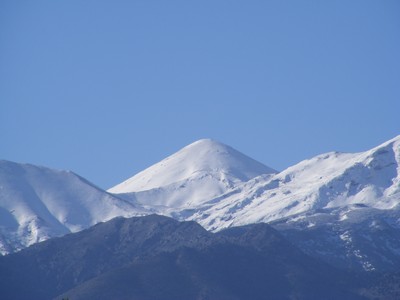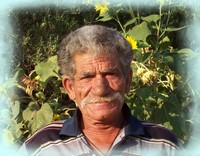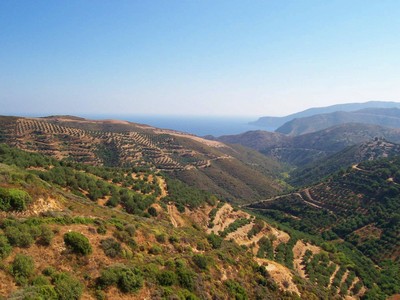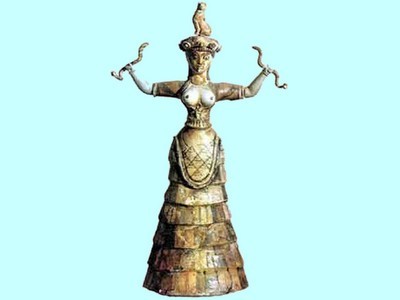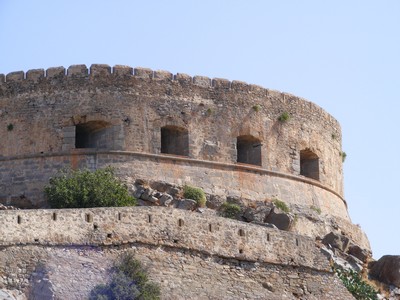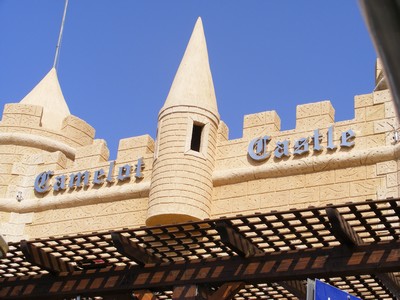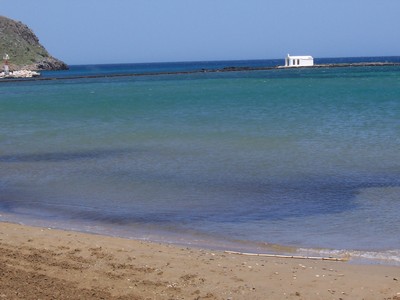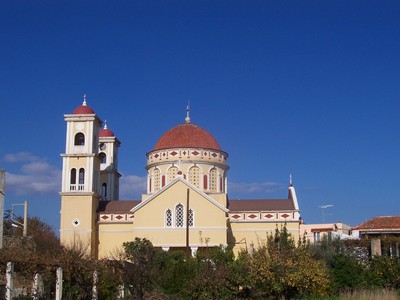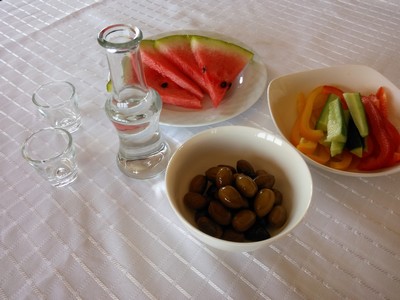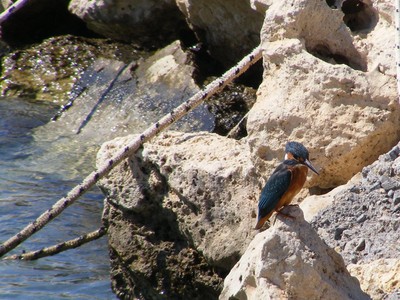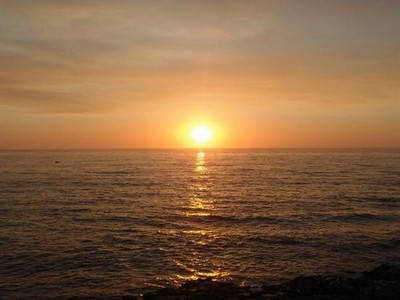Best buys abroad press article from the Telegraph…
From the Telegraph May 28 2005
Greek glory that's more hit than myth
Rupert Bates on the best buys abroad. This week: Crete, a magnet for British buyers
How much does a Grecian earn? Considering the British love affair with the Greek islands, the answer to that old gag is quite a lot.
The largest, hottest and most southerly of the Greek islands is Crete, a magnet for British buyers every bit as alluring as the sirens of mythology. But if you are tempted - and 15,000 British have been - the only rocks to worry about come bundled in red tape.
Agents will assure you that excessive Greek bureaucracy is yet another myth. Lawyers will warn that you need to be a shepherd with a degree in genealogy to find clean title and ownership. The family tree is exactly that. You can buy the land and then discover you do not own the orange trees on it.
Watch your budget, pour Crete's olive oil over a slab of patience, turn the tap on a barrel of taverna wine and enjoy low-cost living on the fifth largest island in the Mediterranean. "The natives are friendly" line is always trotted out when foreign buying territories are discussed and should be taken with a tub of tzatziki, but the Cretans genuinely appreciate the British renovating village ruins, or fuelling a market in new-build property.
"It is not just retired people. Young British couples with children are buying here. It is a big place with much property to choose from, but strict controls to ensure the island remains unspoilt," says Cassie Karanjia, of Crete Property Consultants. Nothing more than two storeys high can be built, and if you are a buying a plot outside a village, there is a density formula to comply with. For instance, a 200-square metre house in the countryside will need a 4,000-square metre plot. A detached villa worth £170,000 in the west, sleeping five and with a swimming pool, can rent for £500 a week.
"Planning permission has to be obtained for both a new house, or an extension to an existing house. Plans must be drawn up and a building licence obtained," says Nikos Skarakis, of hellenichomes.com. The Crete developer says local tradesmen are more concerned with tending sheep and picking olives than hitting build schedules.
Purchase tax, says Greek lawyer Zoe Lama, ranges from 9 to 11 per cent if buying in a town and from 7 to 9 per cent if purchasing a rural property. Taxes are calculated on the assessed value of the house, as decided by the tax office, and lower than the actual sales price.
This is official, rather than under-declaring to evade tax. There is currently no capital gains tax to pay anyway, but there is a 3 per cent council tax. All contracts have to be certified by a public notary.
Unlike the smaller, but undeniably beautiful, Greek islands, Crete lives and breathes all year round. Agriculture drives the economy; tourism and foreign property investment are a big bonus. The British tend to gravitate to the lush, green north-west of the island around the Akrotiri Peninsula and Hania. The breadth of property is as diverse as the landscape, with beaches, mountains and gorges. It is not an island to rush around, with the 190 miles across taking eight hours to drive. [check out our lastest information on Crete Property]
You can find anything from an old olive press for £30,000, to new, two-bedroom properties with a pool for £80,000. Buy in the village of Loutra, a mile from the sea and in the shadow of the White Mountains, and the local baker delivers fresh bread to your door every morning. Warm bread, warm weather and a warm welcome.
Just Some of the Reasons We Love Crete
Did you love this page? Please share it with your friends!
© Copyright All Original Content 2006 - 2024 Completely-Crete.com. All
Rights Reserved. Reproduction in whole or in part without permission is
not permitted.
Click here to learn about developing your own money-generating website
from Solo Build It! - even with little or no web experience!
